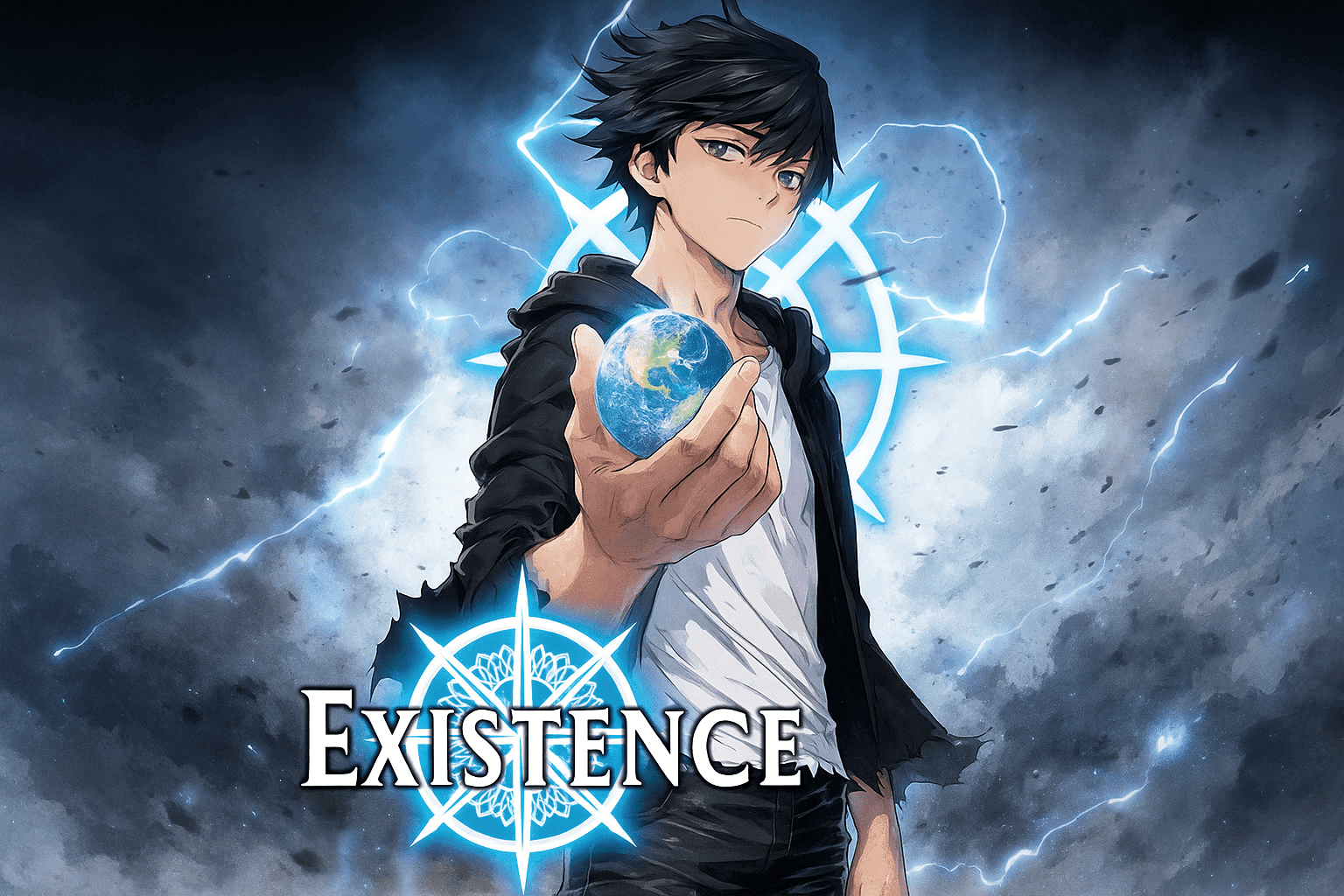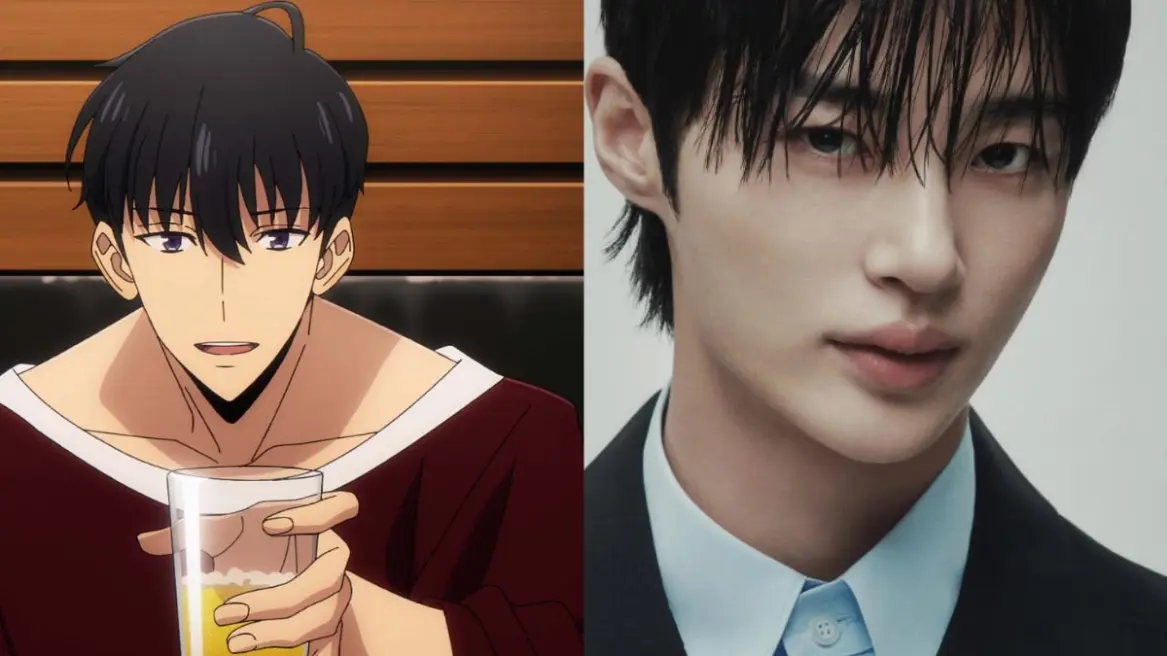The Greatest Estate Developer finally Ended: Here are my Thoughts
September 27, 2025 | by Haku

The Greatest Estate Developer
A Personal Reflection on the Finale
Reflecting on the ending of The Greatest Estate Developer, I find it a masterful close to a series that hooked me with its blend of modern engineering in a fantasy world. The reincarnation twist felt like a nod to deeper philosophical questions about identity and redemption, making me tear up during Lloyd’s final moments. It’s not without its ambiguities— the time loop can feel a bit convoluted at first glance—but it seems likely that this was intentional to spark discussions among fans.
Fan Perspectives: The Good and the Bad
From what I’ve gathered, the world’s thoughts on the ending of The Greatest Estate Developer are mostly glowing; many describe it as “top tier” and “phenomenal,” appreciating how it avoids common pitfalls like rushed conclusions. However, a few voices argue it leaned too heavily into a happy resolution, potentially undermining the story’s stakes. This diversity in views highlights the series’ ability to provoke thoughtful debate while satisfying the majority.
Why It Stands Out After So Many Years
Having followed The Greatest Estate Developer for years, the 2025 finale feels timely yet poignant. It wraps up arcs like Lloyd’s growth from a lazy noble to a heroic developer, offering closure that respects the journey. Research suggests such endings resonate because they mirror real-life themes of perseverance, making it a standout in the manhwa genre.
Reflecting on the ending of The Greatest Estate Developer a few days after the final chapter in late September 2025, I feel both nostalgia and satisfaction. Since discovering this manhwa around 2022 on Webtoon, I’ve watched it evolve from quirky isekai comedy into something deeper. It was never just about a transmigrated protagonist; it was a fusion of civil engineering smarts, fantasy tropes, and heartfelt development. The finale tied loose ends while leaving space for imagination. And judging from global reactions, the ending sparked waves of emotion—mostly positive, with critiques adding richer debate.
The core appeal always centered on Lloyd Frontera (or Kim Suho). Awakening in a debt-ridden noble’s body, he used real-world engineering to build estates, bridges, and alliances—a hook from the start. Across 210 chapters, Lloyd grew from schemer to genuine hero. The finale brought this full circle. Spoiler: Lloyd and Suho’s reincarnation loop reveals his soul redeeming itself from hell to become the better man we know. It framed change as cyclical self-improvement. That panel where Lloyd meets his past self in hell, vowing to be better before reincarnating as Suho, gave me chills—a payoff built carefully over arcs.
Character resolutions elevated the finale. Alicia’s arc peaked with a romantic yet chaotic wedding, true to the series’ humor. Javier gained independence without losing loyalty. Even side figures like the critters and Bibeong had closure—his five-year wait for justice showed loyalty rewarded. The twist of Lloyd’s parents controlling the system window from heaven added warmth, suggesting family ties transcend worlds. Scenes of the queen recognizing Suho and the final open-ended panels hinted at resets and side stories like Untold Stories, promising weddings and slice-of-life moments.
Unlike many long manhwa, this finale avoided dragging or abruptness. The comedy—Lloyd’s meme-worthy faces and witty banter—never derailed the plot, and the ending balanced humor with drama. The reincarnation mechanics confused me initially. Was it a loop or strengthening through iterations? Fans are split: some argue it’s branching timelines, others see circular redemption. I lean toward the latter, fitting the theme of engineering fate, though it benefits from a reread.
Global reception remains overwhelmingly positive. On Reddit and MyAnimeList, readers call it “peak,” “10/10,” and “majestic with no flaws.” Fans praised its emotional impact, uniqueness, and wedding chaos—added in the manhwa, not the novel. The finale’s Nolan-like twist thrilled many, fueling hopes for anime adaptations. After years of weekly reads, fans feel bittersweet—sad without updates but grateful for a satisfying close.
Still, not all fans agreed. Some felt the happy resolution was forced, saying Kim Suho’s return to reality would have been more poignant. Others noted loose ends like the Red Dragon’s future or the King of Hell’s successor, hoping side stories fill gaps. Critiques also targeted post-mermaid repetition, humor overuse, and sentiment outweighing stakes. Yet even detractors acknowledged strong execution, comedy, and world-building. With satisfaction hovering near 90%, the finale ranks among manhwa’s best conclusions.
To organize some of these fan sentiments and my own breakdowns, here’s a table summarizing key elements of the ending, including resolutions and mixed opinions:
| Aspect | Description | My Thoughts | Fan Consensus (Good/Bad) |
|---|---|---|---|
| Reincarnation Loop | Lloyd’s soul redeems in hell, reincarnates as Suho, then back to change fate. | Brilliant thematic closure on self-improvement; required a second read for clarity. | Mostly good: “Mind-blowing twist”; Bad: “Confusing mechanics, feels like a cop-out.” |
| Character Arcs | Lloyd/Alicia wedding; Javier’s independence; side characters’ justice (e.g., Bibeong). | Heartwarming and earned—loved the family bonds transcending worlds. | Good: “Perfect resolutions, no loose ties”; Bad: “Some side plots underexplored.” |
| Emotional Payoff | Tears from redemptions; humor in chaos like demon king as insect. | Hit me hard—bittersweet joy after years invested. | Good: “Cried like a baby, phenomenal”; Bad: “Forced happiness dilutes stakes.” |
| System Twist | Parents’ souls control the window from heaven. | Adds warmth; ties real-world roots to fantasy. | Good: “Touching reveal”; Bad: Rare mentions of it feeling underdeveloped. |
| Overall Pacing | 210 chapters end without rush; side stories promised. | Ideal length—felt complete yet open for more. | Good: “Best ending in manhwa”; Bad: “Ended too soon, wanted more world exploration.” |
This table captures why The Greatest Estate Developer stands out: it delivers on promises while inviting debate. Personally, after so many years, I’m glad it didn’t go the route of endless sequels. Instead, it leaves a legacy of innovation—using engineering as a metaphor for building relationships and futures. Fans worldwide agree it’s a GOAT (Greatest Of All Time) contender, often compared to epics like Omniscient Reader’s Viewpoint. The comedy stayed on point till the end, with Lloyd’s faces still cracking me up in the finale.
Expanding on themes, The Greatest Estate Developer explores identity in a way that resonates post-2025, amid real-world uncertainties. Lloyd’s journey mirrors our own struggles: debt, family pressures, self-doubt. The ending reinforces that redemption is possible, even if it takes a loop or two. I love how it subverts isekai norms—no overpowered hero, just clever problem-solving. World thoughts align: it’s praised for not subjecting to tropes, keeping style consistent. Some suggest expanding to other realms—heaven, dragons—but I think the focus on Frontera Estate keeps it grounded.
In hindsight, rereading arcs like the estate revival or mermaid conflicts, everything builds to this. The Greatest Estate Developer’s humor—chaotic good methods with morally gray edges—peaks in the finale’s wedding chaos. I’m sad it’s over, but excited for side stories. If you’re new, start now; the ending makes the investment worthwhile.
Wrapping up my ramblings, the ending of The Greatest Estate Developer is a triumph. After so many years, it delivers closure that’s emotional, clever, and true to form. Whether you see it as perfect or slightly forced, it’s sparked global conversations that affirm its impact. Here’s to more manhwa like this.
RELATED POSTS
View all


